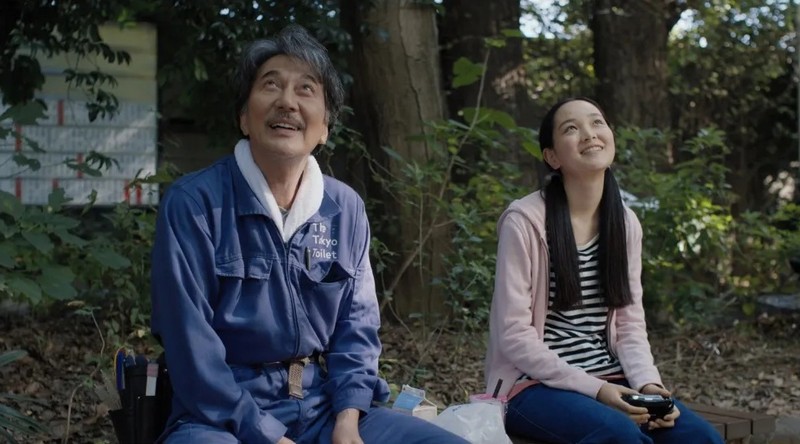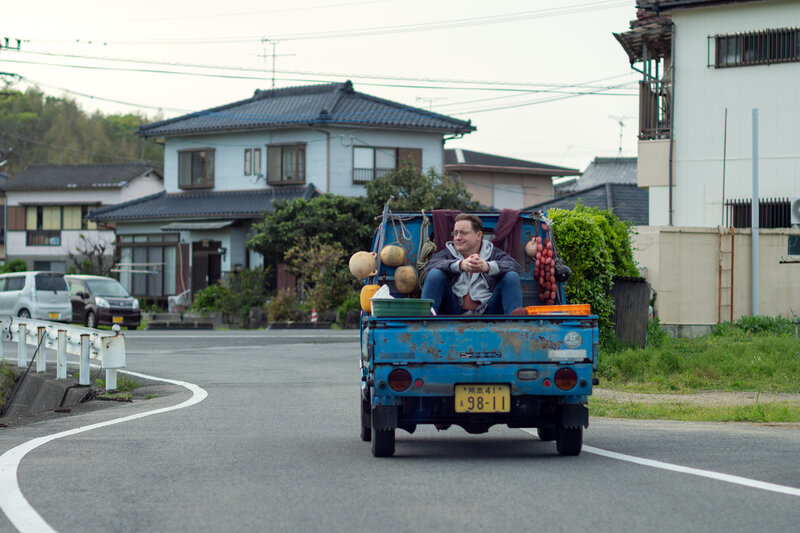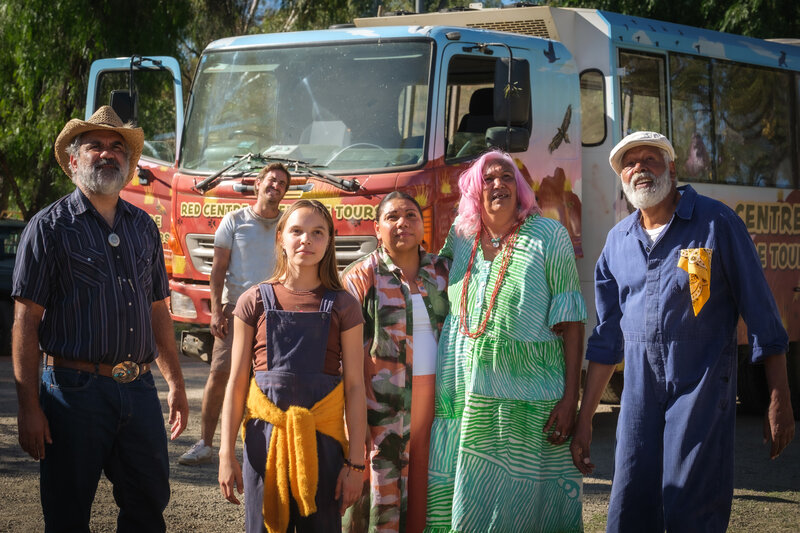Wim Wenders’ (Paris, Texas) new film Perfect Days is a gently paced minimalist drama from the revered German filmmaker. Set in Japan, it reveals his great appreciation for Japan, its culture and traditions. A German/Japanese co-production Perfect Days was nominated for an Oscar, becoming the first Japanese-language film not directed by a Japanese filmmaker to be so nominated.

Perfect Days follows Hiroyama (Koji Yakusho), a middle-aged toilet cleaner in Tokyo. Hiroyama is dedicated to the job, and takes meticulous care in his duties. His young assistant Takashi (Tokio Emoto, from Norwegian Wood) though is more laid back, easy going and not as committed. The quiet and taciturn Hiroyama follows a daily routine – he gets up in the morning, drives into Tokyo, cleans his allotted toilets with care, eats at his favourite restaurant and visits his local bathhouse and then spends a quiet night at home reading from his extensive collection of crime fiction. He also takes photographs of trees.
As he drives around Tokyo Hiroyama listens to classic western pop music on cassette tapes, and the film’s nostalgia-inducing soundtrack features the likes of The Animals, Patti Smith, Otis Redding, Van Morrison and Lou Reed, whose song Perfect Days provides the film with its title.
Hiroyama takes delight in his daily structure and routine, even though some people, including his estranged sister Keiko, look down on him and his menial job. He is comfortable with his solitary existence in his modest little house on the outskirts of the city. But then a few encounters change his outlook. These include meeting Takashi’s vivacious girlfriend Aya (Aoi Yamada), and the unexpected arrival of his rebellious niece Niko (Arise Nakano), who runs away from her home and spends a few days with him.
Perfect Days is a meditation on life and the beauty that surrounds us if we could just take the time to slow down and appreciate the world around us. Wenders adopts an unhurried observational approach to the material, which he co-wrote with Tokyo-based script writer Takuma Takasaki. The drama moves forward at a gentle pace. The film was beautifully shot on location in Tokyo by cinematographer Franz Lustig (How I Live Now, etc) and is something of a love letter to the city itself.
It’s also an ode to the wonderfully designed high-tech public toilets themselves that become minor characters in their own right. Wenders was apparently initially commissioned to shoot a documentary about the Tokyo Toilet Project and their unique individually designed public toilets. Lustig shot the film in the boxy Academy ratio, which gives the film a more intimate feel. He also shoots Hiroyama’s haunting abstract dreams in black and white, giving them a flickering impressionistic style. A brief post-credits sequence pays homage to the Japanese concept of komorebi – the shimmering of light flickering through the leaves of trees.
Yakusho (13 Assassins) won the best actor award at Cannes in 2023 for his subtle, stoic and quietly introspective yet expressive performance here. He suffuses his role with a quiet dignity that also conveys a deep understanding.
This bittersweet and minimalist film will resonate strongly with a certain audience who will appreciate Wenders’ quiet and understated approach to the material. Others may find it a bit too esoteric for mainstream tastes.
Greg King
Other reviews you might enjoy:

Greg King has had a life long love of films. He has been reviewing popular films for over 15 years. Since 1994, he has been the film reviewer for BEAT magazine. His reviews have also appeared in the Herald Sun newspaper, S-Press, Stage Whispers, and a number of other magazines, newspapers and web sites. Greg contributes to The Blurb on film





